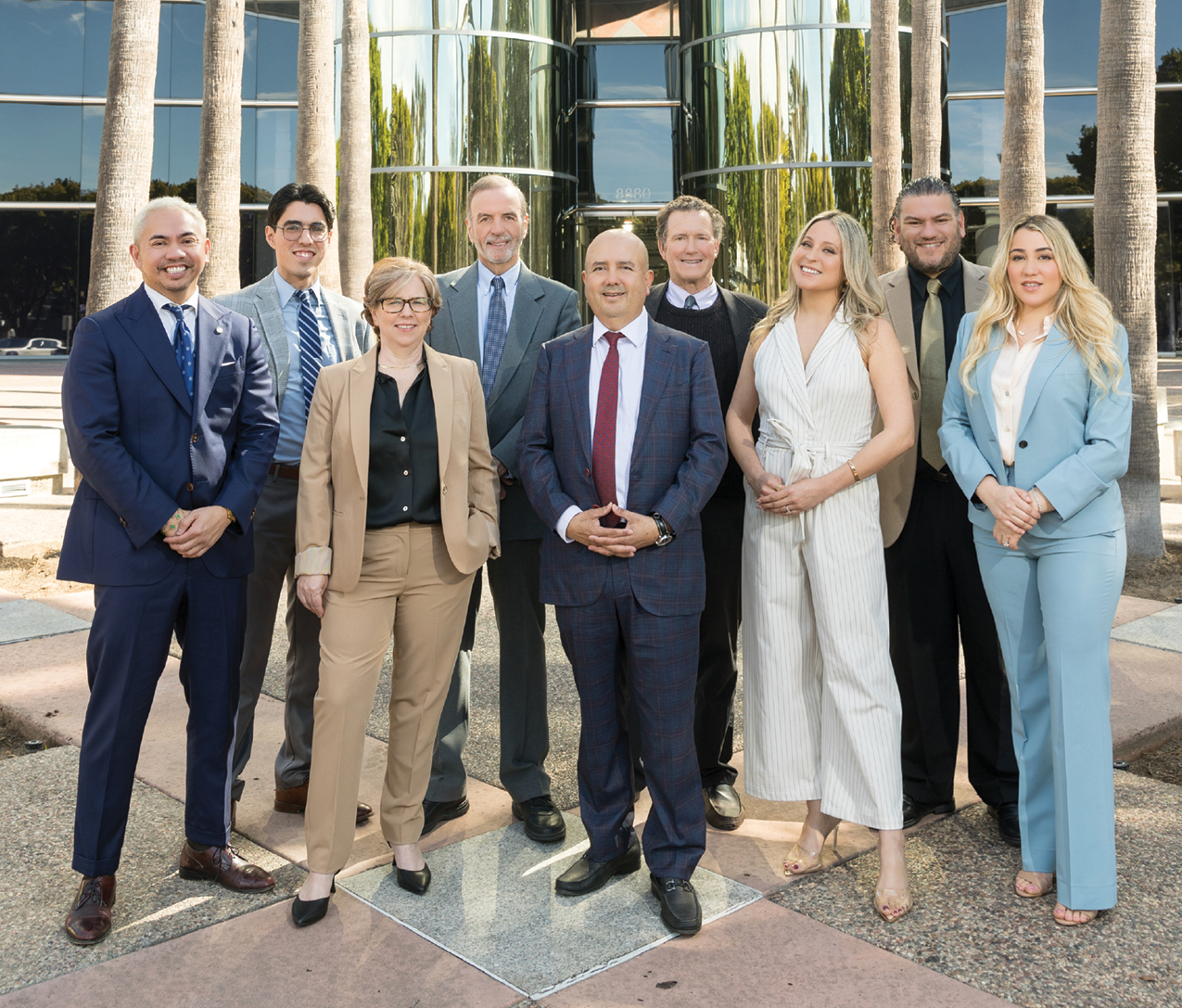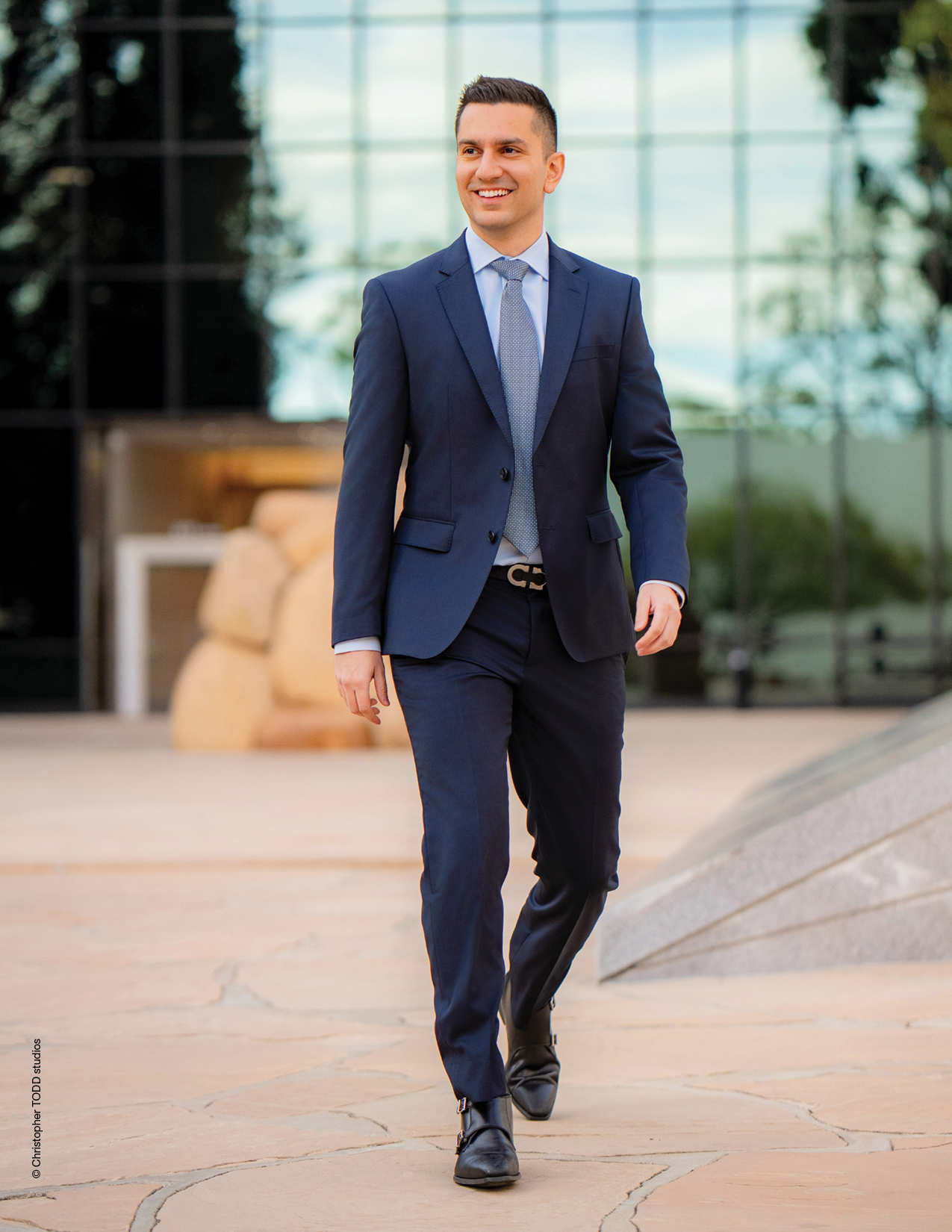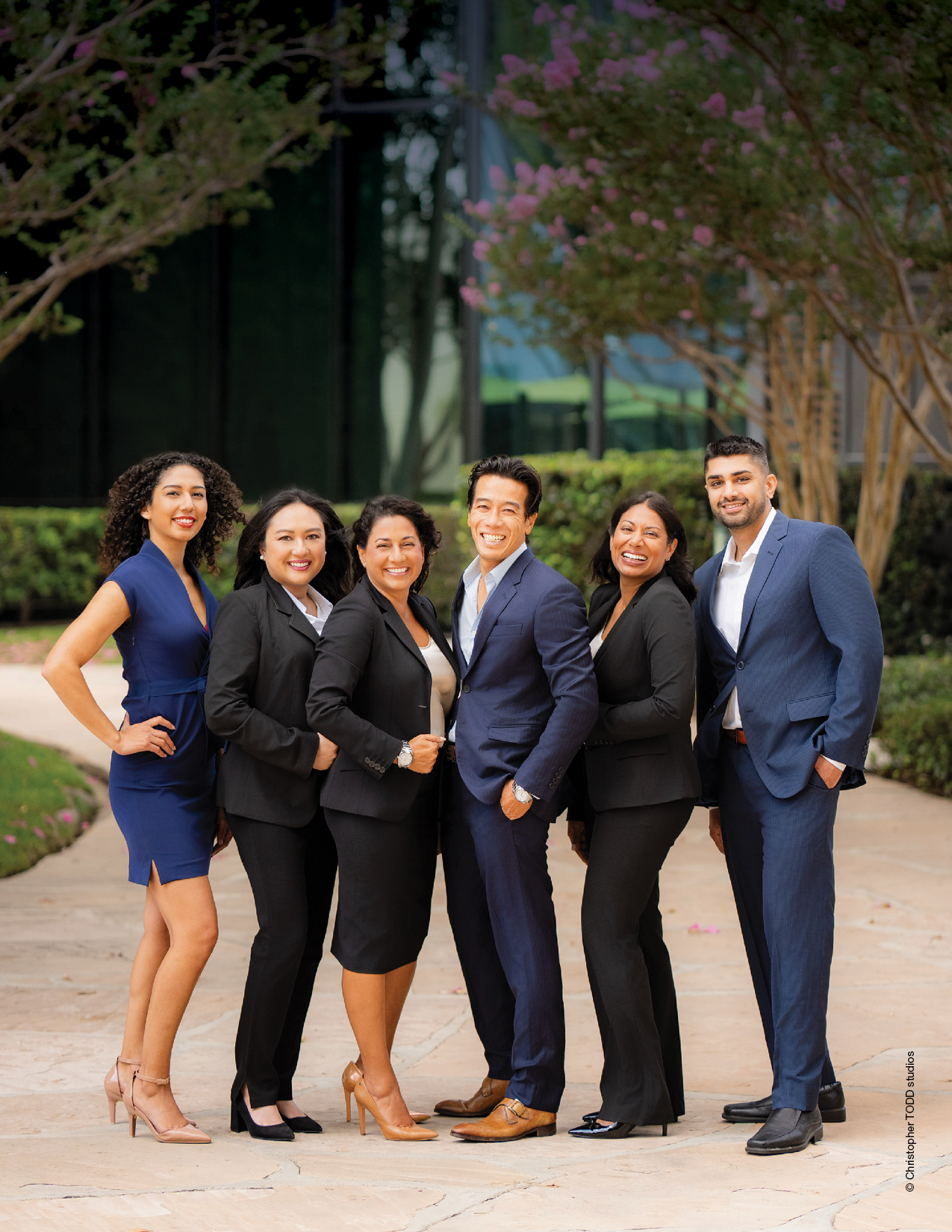First Last placeholder text for author.
California Case Summaries: New California Civil Cases
CALIFORNIA COURTS OF APPEAL
Arbitration
Brown v. TGS Management Co., LLC (2020) _ Cal.App.5th _ , 2020 WL 6040053: The Court of Appeal reversed and remanded the trial court’s order confirming an arbitration award in favor of defendant in an employment contract dispute with defendant’s former employee, plaintiff. The arbitrator ordered plaintiff to pay defendant $652,243 for the refund of a deferred 2014 bonus, plus interest from December 24, 2016, through the date of the award in the amount of $134,031. It also awarded defendant $2,462,721 for its attorney fees and $172,682 for its costs, and interest on the entire award from the date of the award until paid. The Court of Appeal concluded the arbitrator’s decision was inconsistent with plaintiff’s right to work in his chosen profession as protected by Business & Professions Code, section 16600 (section 16600). The confidentiality provisions in section 4 of the employment agreement severely restricted plaintiff’s right to work in clear contravention of section 16600. Despite the facial invalidity of these provisions, the arbitrator did not declare them void and unenforceable. Instead, the arbitration award allowed the provisions to stand as a perpetual restriction on plaintiff’s right to compete with defendant. Because the arbitration award was inconsistent with the protection of plaintiff’s rights under section 16600, the award exceeded the arbitrator’s powers, and the trial court erred in denying the petition to vacate the arbitration award and in entering judgment on the award. The arbitrator also erred in finding that plaintiff forfeited the deferred bonus. (C.A. 4th, filed October 13, 2020, published November 12, 2020.)
Olson v. Lyft, Inc. (2020) _ Cal.App.5th _ , 2020 WL 6336102: The Court of Appeal affirmed the trial court’s order denying defendant’s petition to compel arbitration in response to plaintiff’s complaint alleging six claims under the Private Attorney General Act (PAGA; California Labor Code § 2698 et seq.). Plaintiff’s terms of service with defendant included an agreement he could not bring a PAGA claim in court and that disputes with defendant must be resolved by individual arbitration. Based upon the analysis in Correia v. NB Baker Electric, Inc. (2019) 32 Cal.App.5th 602, the Court of Appeal rejected defendant’s argument that Iskanian v. CLS Transportation Los Angeles, LLC (2014) 59 Cal.4th 348 was no longer good law in light of the 2018 opinion of the United States Supreme Court in Epic Systems Corp. v. Lewis (2018) 138 S.Ct. 1612. (C.A. 1st, October 29, 2020.)
Business and Professions Code
Quidel Corporation v. Super. Ct. (2019) 39 Cal.App.5th 530: The Court of Appeal granted a writ petition directing the trial court to vacate the summary judgment it granted in favor of defendant. The Court of Appeal ruled that Business & Professions Code 16600 does not invalidate all contractual noncompete provisions outside the employment context. The Court of Appeal issued its original opinion in 2019. After that opinion was issued, a petition for review with the Supreme Court was filed, which the court granted and deferred pending consideration of Ixchel Pharma, LLC v. Biogen, Inc. (2020) 9 Cal.5th 1130 (Ixchel). Ixchel held “a rule of reason applies to determine the validity of a contractual provision by which a business is restrained from engaging in a lawful trade or business with another business.” (Id. at p. 1162.) After the Supreme Court issued its decision in Ixchel, it transferred this matter back to the Court of Appeal. The Court of Appeal reconsidered the case and again determined that the trial court improperly extended, beyond the employment context, the holding from Edwards v. Arthur Andersen LLP (2008) 44 Cal.4th 937 to a provision in a business agreement between two companies. (C.A. 4th, November 6, 2020.)
Civil Code
Brennon B. v. Super. Ct. (2020) _ Cal.App.5th _ , 2020 WL 6689639: The Court of Appeal denied a petition for writ of mandate seeking to overturn the trial court’s order sustaining a demurrer, without leave to amend, to petitioner/plaintiff’s cause of action alleging violation of the Unruh Civil Rights Act (Unruh Act; Civil Code, section 51). Ruling on issues of first impression, the Court of Appeal concluded that public school districts are not business establishments subject to the provisions of the Unruh Act. The Unruh Act’s statutory language makes explicit that any violation of the Americans With Disabilities Act (ADA; 42 U.S.C. section 12101 et seq.) by a business establishment is also a violation of the Unruh Act. Because public school districts are not business establishments, they are not liable under the Unruh Act for discriminatory conduct actionable under the ADA. (C.A. 1st, November 13, 2020.)
Niedermeier v. FCA US LLC (2020) _ Cal.App.5th _ , 2020 WL 6375408: The Court of Appeal reversed the trial court’s order, after the jury returned a verdict for plaintiff in her action for damages under the Song-Beverly Consumer Warranty Act (the Song-Beverly Act; Civil Code, section 1790 et seq.), denying defendant’s motion to reduce plaintiff’s damages by the $19,000 credit plaintiff received towards the purchase price of a new vehicle when she traded in her defective Jeep to a GMC dealer. The jury awarded plaintiff damages of $39,584.43 (including $39,799 for the purchase price of the Jeep plus certain specified charges, taxes, and fees; $5,000 in incidental and consequential damages; and a deduction of $5,214.57 reflecting the use plaintiff obtained from the vehicle before first bringing it in for repairs) and also awarded a civil penalty of $59,376.65, one-and-a-half times the damages award, for a total award of $98,961.08. As a matter of first impression, the Court of Appeal ruled that restitution under the Song-Beverly Act does not include amounts recovered from the trade-in of a defective vehicle. Granting plaintiff a full refund from defendant in addition to the proceeds of the trade-in, would put her in a better position than had she never purchased the vehicle, a result inconsistent with “restitution.” The Court of Appeal reduced the award to plaintiff to $61,753.29, reflecting damages of $20,584.43 and a civil penalty of $41,168.86 (the maximum allowed of 2 times actual damages). The judgment, as modified, was affirmed. (C.A. 2nd, October 30, 2020.)
Civil Procedure
Cornerstone Realty Advisors, LLC v. Summit Healthcare etc. (2020) _ Cal.App.5th _ , 2020 WL 6304989: The Court of Appeal affirmed in part, and reversed in part, the trial court’s orders awarding defendants over $586,600 in sanctions in addition to terminating sanctions against plaintiffs. The Court of Appeal concluded that, with the exception of the amount of attorney fees incurred by defendants before July 12, 2016, the trial court’s decision to impose monetary sanctions in the amount of $586,600 was consistent with the relevant law and principles governing discovery sanctions and was a reasonable exercise of the court’s discretion. Although defendants had requested over $2 million in monetary sanctions, the trial court was not required to accept that figure, and had the authority and the duty, under the applicable principles, to determine for itself the reasonable amount of attorney fees resulting from the misuses of discovery to impose as monetary sanctions. The Court of Appeal also concluded that substantial evidence supported the trial court’s finding that plaintiffs’ law firm did not advise the misconduct resulting in the discovery sanctions. (C.A. 4th, October 28, 2020.)
Torts
Hoffman v. Young (2020) _ Cal.App.5th _ , 2020 WL 6375391: The Court of Appeal reversed the judgment for defendants, following a jury trial, on plaintiff’s causes of action for general negligence and premises liability. The jury had found defendants were immune from liability for the collision under the recreational use immunity in Civil Code section 846 (section 846). Plaintiff was seriously injured when her motorcycle collided with another motorcycle ridden by defendant Gunner Young (Gunner) on a motocross track located on real property owned by Gunner’s parents who were also named defendants. Both Gunner and his parents lived on the property. Gunner invited plaintiff to come onto the property, drove his truck to her house, loaded her motorcycle into the bed of the truck, and drove her to the property. There was no evidence that Gunner’s parents prohibited him from inviting guests onto the property. The Court of Appeal concluded that the exception to the recreational use immunity, when the injured person is expressly invited onto the property by the landowner (section 846(d)(3)), applied to this case. The Court of Appeal held that, where a child of a landowner is living with the landowner on the landowner’s property and the landowner has consented to this living arrangement, the child’s express invitation of a person to come onto the property operates as an express invitation by the landowner within the meaning of section 846(d)(3), unless the landowner had prohibited the child from extending the invitation. In this case Gunner’s express invitation of plaintiff stripped his parents of the immunity that would otherwise have been provided to them by section 846. (C.A. 2nd, October 30, 2020.) n










